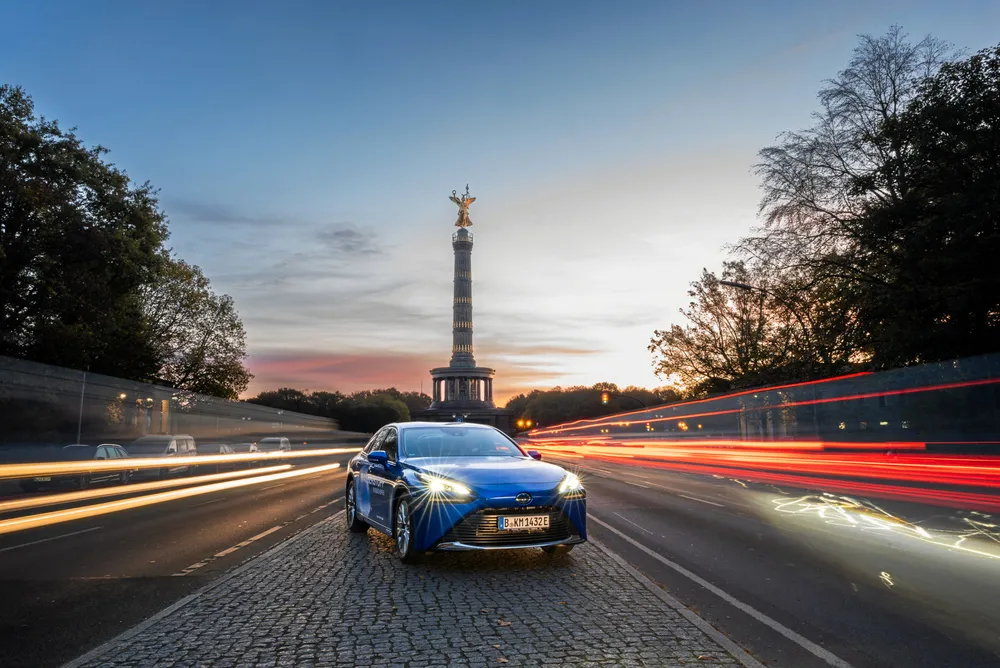Sales of hydrogen cars in Europe's largest market collapsed in 2023, with nearly 70% drop in registrations
German government figures reveal that only 263 fuel-cell electric vehicles were registered last year

German government figures reveal that only 263 fuel-cell electric vehicles were registered last year
